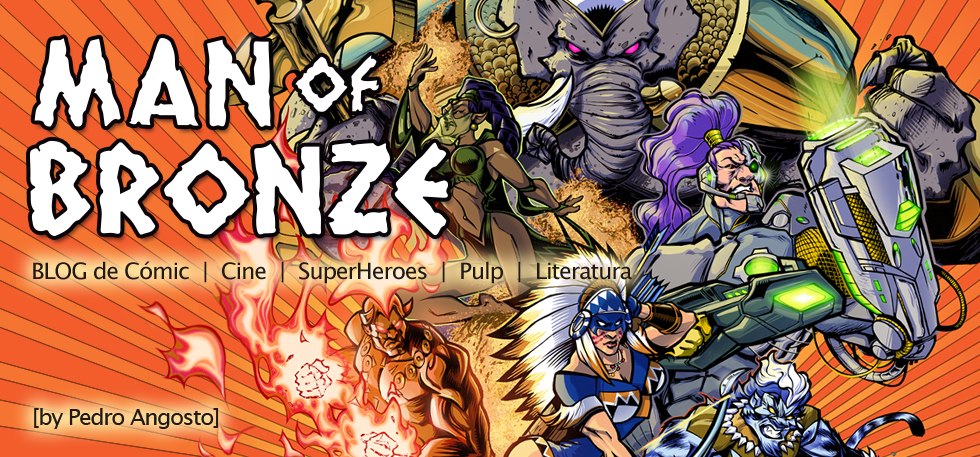No os perdáis los comentarios sobre la industria del final:
The concept of the book is that we’re exploring what it’s like to live in a world where all this bizarre superhero stuff happens, and telling stories about what it’s like to live there. So it’s not just about the heroes, and it’s not even all that much about what the heroes do when they’re out being heroes.
It’s about life, about what it’s like to live under stress, with big stuff happening around you, whether you’re a hero, a bystander, an alien spy, a talking gorilla…we want to see all kinds of people and learn all kinds of things about their experiences. Seeing this world through many eyes.
As such, we tell stories about ordinary humans or the superhero-adjacent at least as often as we tell stories about the heroes themselves, maybe more so. In the current run, we’ve told stories about a man who raised his daughters in Astro City and is now wondering what to do with his life; a young woman who gets a job answering phones at the crisis hotline for Honor Guard, the world’s most prominent superhero team; a telekinetic who, rather than be a superhero, uses her powers to create special effects for movies and TV; a government agent investigating occult horrors; the personal assistant to that sorceress I mentioned earlier; a former costumed villain trying to stay out of trouble; an old lady who runs a roadside museum, and more.
One thing we’re not going to do in Astro City is tell you the same old story. We want to see what else happens in a world like this, and we’ll do it through any character who can show us something new.
Since we explore what it’s like to live in a world of superheroes from a variety of different perspectives, we’re making up new characters all the time, whether they’re stars of a story who’ll get a lot of time and attention, or background characters like Starpower, who’s only shown up in a single panel so far — but who had to be thought out and designed even for that cameo.
¡
And of course, the lead characters may not be superheroes at all, if we’re telling a story from the perspective of someone who isn’t one of the heroes. So unlike most books, we’re not mainly in the business of telling stories about superheroes; we have a lot of them but they’re just as often background characters as they are the main players.
That said, some of the characters we’ve introduced recently: we gave Starfighter, one of our cosmic heroes, a family — an alien empress wife named Illula and their kids Trill and Artie, along the way of learning about his origin and career. And we finally met his ex-sidekick Quark, and learned why that didn’t work out.
We’ve seen new villains, like the computer-consciousness Gormenghast and the Black Lap, alien invader Imperion and street thugs like the Mime Gang. We’ve established a whole nesting set of microscopic universes, home to villains like Krigari Ironhand and alien races like the Qui-quia. We met the teenage hero Starbright and his archenemy, who may just be his successor. A plethora of robots from Mechizmo to the Ballbearians, and robot-master Vivi Viktor.
Plus we’d established a team of young heroes named Reflex 6 a while back, and we met Jimmy Shade and Gorgona, the two of them we hadn’t seen previously. We had a story about the Silver Adept, the premier sorcerous hero in the world. We met a villain named Gundog who was tired of being a villain, and the Dancing Master, an ancient and comic avatar of love. We briefly met a werecat named Stray, who seems to be on the side of the heroes without being terribly nice herself.
That said, I’m not planning to read Secret Wars, and I’ve only read a few bits of Convergence, mainly due to friends of mine writing a mini or artists I like drawing one.
I’m not the target audience for these big sprawling crossovers any more, and have skipped them for years.
So I can’t really comment — maybe they’re great stories, and if they’re reaching an audience that loves ‘em, that it doesn’t matter that they’re not reaching a fifty-something guy like me who’s been reading comics regularly since 1974.






1 comentario:
Este hombre junto a Rogern Stern, Shotter o Waid hubieran sido unos muy buenos editores, los cuales nos hubieran hecho disfrutar de muy buenas historias...Nuff Said!
Publicar un comentario